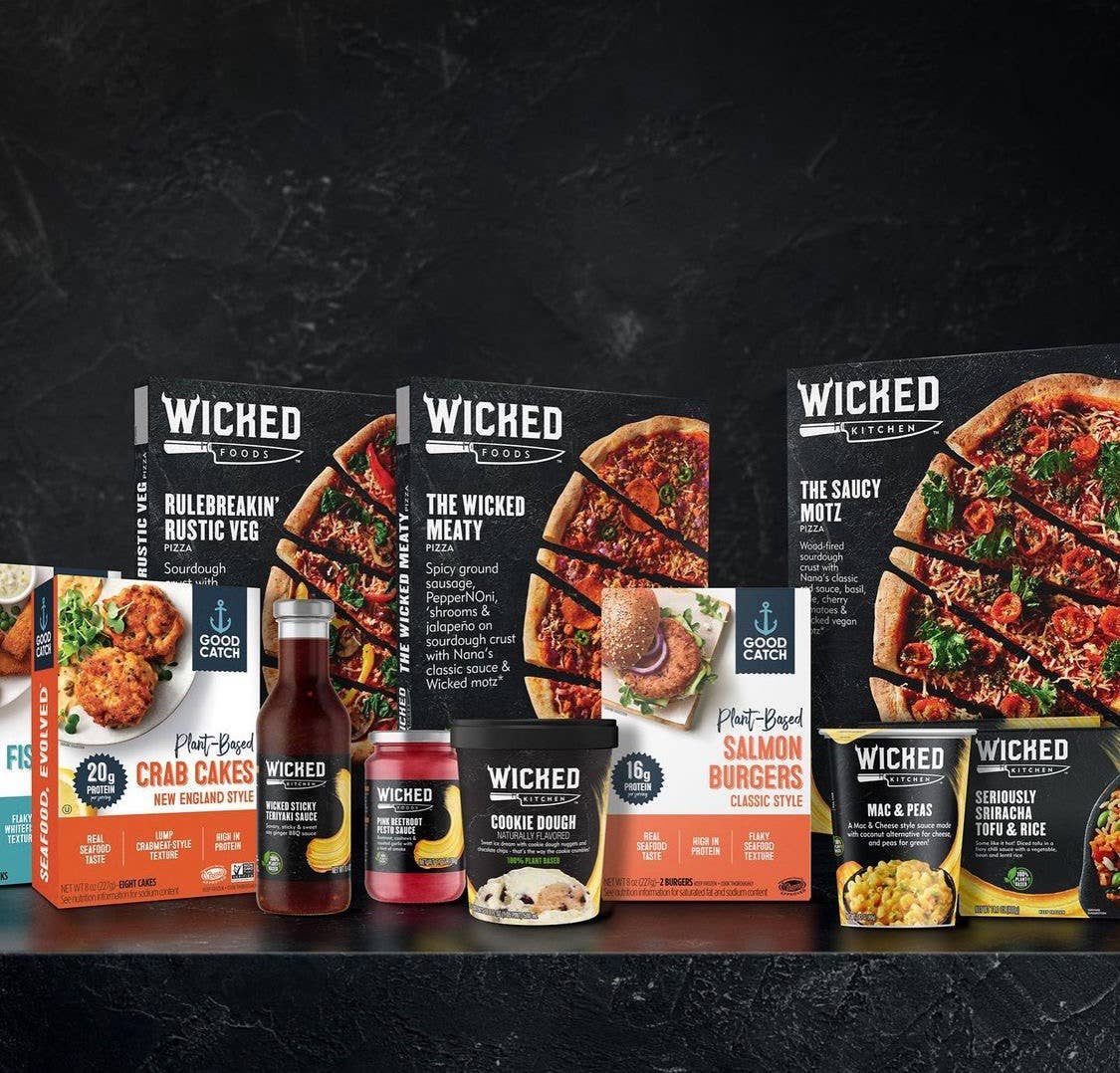
Investments in Alternative Protein Companies Tripled in 2020 to $3.1B
Investors are bullish on a plant-based future. The amount of capital flowing into this sector has ballooned in the past year, as more bets are being placed on the mainstreaming of meat and dairy alternatives. Investments in these companies in 2020 shattered the previous year's limits with investments spiking to a record-breaking $3.1 billion. This number exceeds 2019 investments, growing three times the previous year, as more people are putting their dollars behind the future success of protein alternatives such as Beyond Foods and others. The plant-based protein market has shown a rapid upward trajectory, but this past year surpasses the amount of capital raised in any previous year in the industry.
The Good Food Institute (GFI) released data today claiming that the investment spike signifies "a growing appetite for climate-friendly investment," projecting the continued market rise for the industry. The study revealed that plant-based meat, egg, and dairy companies secured $2.1 billion in investments during the last year. For 2019, the industries only collected $667 million, nearly tripling the investment profit for this year.
The GFI data also reveals that alternative proteins beyond plant-based meats received significant support in the last year. Cultivated meat companies saw a notable rise in investment with six times the amount of capital raise than in 2019. The industry altogether raised $360 million. The general shift away from livestock and animal agriculture seems to be stimulated by consumer trends that now lean towards sustainable products. Trendsetting companies such as Beyond Meat, Impossible Foods, JUST Egg, and Mosa Meat have seen unprecedented success in the market and with consumers.
Rapid Growth of Alternative Proteins Showcase Industry's Potential
“This is yet another signal of the significant potential the private sectors see in this rapidly growing industry,” GFI Director of Corporate Engagement Caroline Bushnell said. “While the amount is record-breaking, more investment is needed from both the public and the private sectors--to meet the urgency of this moment. A large-scale shift toward alternative proteins will be critical to mitigating the environmental impact of food production, meeting the Paris Climate Agreement, and sustainably feeding a growing global population.”
Bushnell also added that 2020 was a ‘breakout year for alternative proteins.’ Although plant-based diets have been on the rise for decades, this rapid growth can likely be attributed to the greater accessibility of information and plant-based products. With an increasing supply of options following a cascading demand, the food system will change with the market investment. The consumer trends have already impacted the plant-based market, but with the capital influx, the industry will swell.
Investors Are Taking Quick Notice of the Plant-Based Food Market
“The investor community is waking up to the massive social and economic potential of food technology to radically remake our food system,” GFI’s Senior Investor Engagement Specialist told Plant Based News. “Early trendsetters like Impossible Foods, Beyond Meat, Memphis Meats, and Mos Meat continue to perform well. And there are more and more entrepreneurs who see the potential of alternative proteins to succeed in the marketplace while having a positive global impact on food sustainability and global health.
The plant-based and alternative protein market surpassed all investment expectations and with upward trends, the industries hold high potential. The global food systems are changing with a newfound focus on climate threats and nutritional benefits. The alternative protein industry raised $5.9 billion over the past decade, meaning that more than half of the capital was received in 2020. The acceleration indicates that the industry and the plant-based consumer hold a positive horizon for future growth.
“Over the past year, the alternative protein industry has demonstrated not only resilience but acceleration, raising significantly more investment capital in 2020 than in prior years,” Bushnell said. “These capital infusions and the funding still to come will facilitate much-needed R&D and capacity building to enable these companies to scale and reach more consumers with delicious, affordable, and accessible alternative protein products.”
More From The Beet






